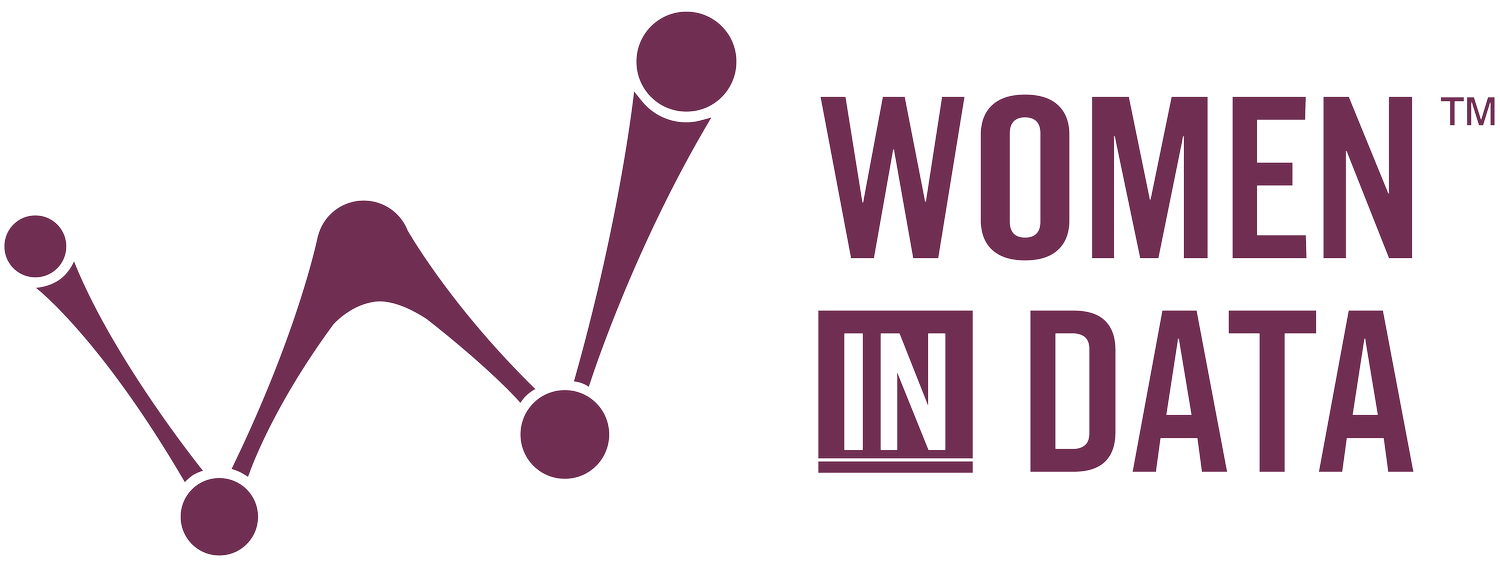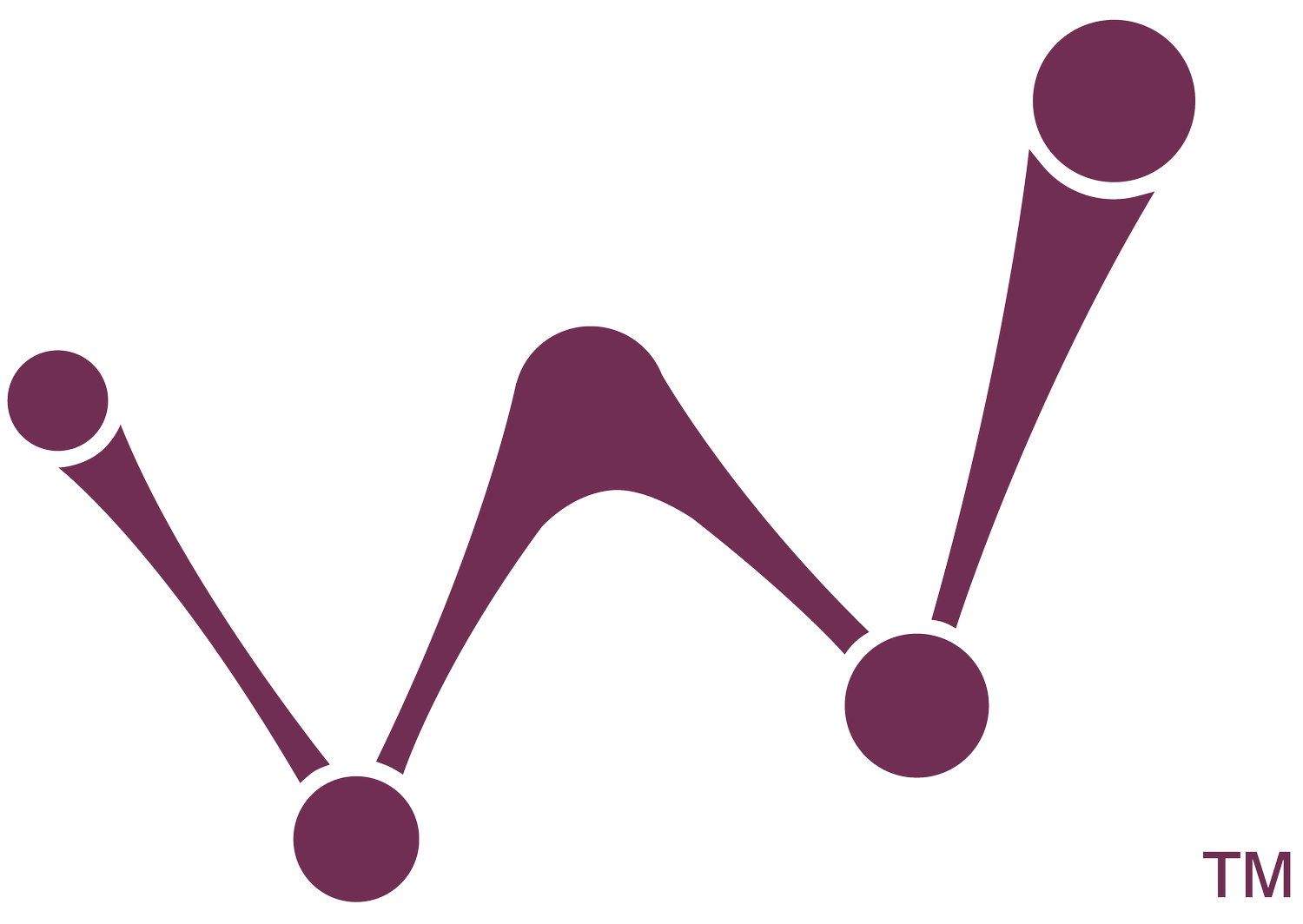Finding your career path in data
You’re ready to embark on a career path devoted to data. Congratulations! As you begin researching data roles and browsing through job listings, you may notice titles like “Business Analyst,” “Data Engineer,” “Data Scientist,” or “Machine Learning Engineer” frequently populating your search results.
How do these data roles differ from one another, and how do you determine which path is right for you?
Common Data Roles
While data roles can vary across companies and industries, we’ll approach this article by explaining the types of problems and approaches pertaining to each one of them.
Data Engineers
Data Engineers are the guardians of data. Their responsibilities include designing or selecting data infrastructure, creating data pipelines, managing databases, and ensuring quality control. Data Engineers are critical members of any data team. Without them, data storage, organization, accuracy, security, governance, and compliance may suffer and immobilize other team members from using data to inform strategic decision making.
Business Analysts | Business Intelligence Analysts | Data Analysts
These data roles all have a common goal: collecting, analyzing, and interpreting large amounts of data to help organizations make informed business decisions. Business Analysts uncover insights from data and propose solutions to practical questions for a business, such as how to increase revenue, create cost efficiencies, reduce churn, or mitigate risk. In addition to mastering strong communication skills, they use data visualization and reporting tools to help translate their findings to stakeholders.
Data Scientists
While Business Analysts use data to interpret results and make strategic recommendations, Data Scientists specialize in high-level data manipulation. Their work involves developing predictive models and algorithms and conducting experiments to better understand trends and optimize results. They must demonstrate a strong background in mathematics, statistics, and computer science.
Machine Learning and Artificial Intelligence Scientists/Engineers
Our final grouping of data roles involves machine learning and artificial intelligence. While there is some overlap between Data Scientists and Machine Learning/Artificial Intelligence roles, the latter focuses on designing, implementing, managing, and evaluating data-powered products and services. These roles often require an advanced degree.
Taking the next step in your career with a Master of Science in Business Analytics (MSBA)
Each data role requires different skill sets, training, and experience. If you’re interested in becoming a Business Analyst or a Data Scientist, earning a MSBA will set you up for success in both the technical and business aspects of your career path. Carnegie Mellon University’s Tepper School of Business offers a 9-month, full-time program that prepares students for data roles through thought-provoking coursework and experiential learning, such as a four-month capstone project with an industry partner. Explore some of our previous capstone projects to gain a better understanding of the problems you can help to solve as a Business Analyst or Data Scientist.


